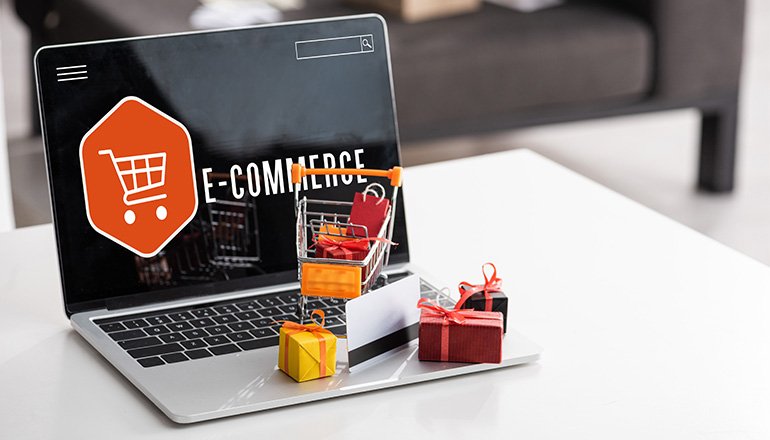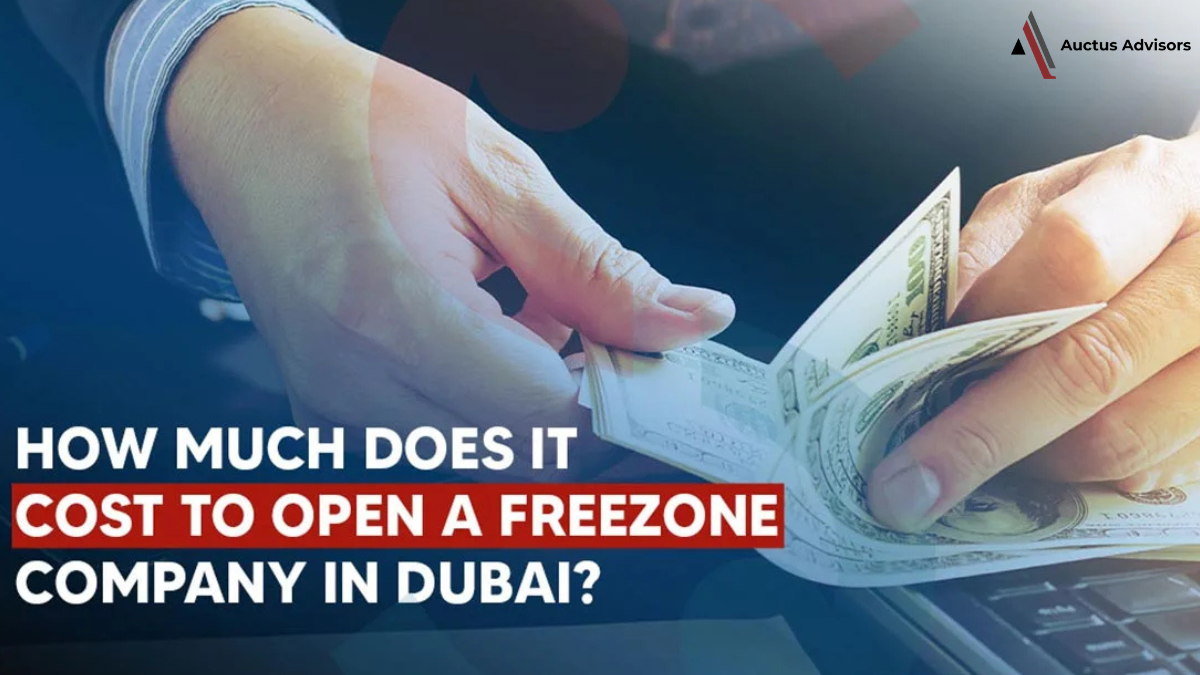In the modern business environment, the rise of e-commerce has revolutionized the way companies operate globally. The Middle East, particularly Dubai, has emerged as a hub for entrepreneurs, both locally and internationally, aiming to tap into its thriving economy and vast consumer base. One of the key elements that foreign entrepreneurs, such as those from Pakistan, must understand when establishing an e-commerce business in Dubai is the importance of obtaining the right legal license. In this article, we will explore what an industrial trade license for e-commerce is, why it is essential for Pakistani entrepreneurs, the process of obtaining this license, and the benefits of establishing an e-commerce business in Dubai.
What is an Industrial Trade License for E-commerce?
An industrial trade license for e-commerce is a legal authorization provided by the Department of Economic Development (DED) in Dubai, enabling businesses to engage in e-commerce activities. This license is specifically designed for companies that conduct commercial activities through online platforms, selling goods or services to consumers in Dubai and beyond. The industrial trade license for e-commerce is distinct from other types of business licenses because it acknowledges the digital nature of the business and the logistics involved in running online stores.
For entrepreneurs in Pakistan looking to expand into Dubai’s market, securing an industrial trade license for e-commerce is crucial for legal compliance, operational legitimacy, and tax purposes. Without the appropriate trade license, businesses cannot legally operate in Dubai, risking penalties or closure.
Why is the Industrial Trade License for E-commerce Essential?
An industrial trade license for e-commerce serves multiple critical functions for entrepreneurs and businesses. Some of the primary reasons why it is essential are:
1. Legal Compliance
Dubai, like most countries, has strict laws and regulations in place to ensure that businesses operate within the legal framework. Without an industrial trade license for e-commerce, companies are not authorized to carry out business activities, which could lead to fines, penalties, or even the shutdown of the business. The license ensures that the business complies with Dubai’s business regulations, which are vital for foreign entrepreneurs.
2. Access to Payment Gateways
In today’s e-commerce world, payment processing is a significant concern. Obtaining an industrial trade licensefor e-commerce is often a prerequisite for setting up secure online payment gateways. Without this license, businesses may not be able to access Dubai-based payment processors like PayPal, Stripe, or local banks for handling transactions. This creates hurdles for international sellers and makes it difficult to complete online sales.
3. Reputation and Trustworthiness
Having a legitimate industrial trade license for e-commerce provides a level of trust and professionalism. Customers in Dubai are more likely to purchase from an e-commerce business that has an official trade license, as this signals that the company is legitimate and complies with the country’s legal requirements. A licensed business is also more likely to be taken seriously by suppliers and other stakeholders in the business ecosystem.
4. Simplified Logistics and Operations
Dubai is home to state-of-the-art logistics facilities, which make it one of the most attractive destinations for international e-commerce businesses. By obtaining an industrial trade license for e-commerce, businesses can fully leverage Dubai’s robust infrastructure, including customs facilities, warehousing, and distribution networks, making the operational process more streamlined.
Process of Obtaining an Industrial Trade License for E-commerce in Dubai from Pakistan
Obtaining an industrial trade license for e-commerce in Dubai involves several steps, from choosing the right business structure to finalizing the paperwork. Pakistani entrepreneurs need to follow a set process to ensure compliance with local regulations. Let’s break down the key steps:
1. Choose the Right Business Structure
The first step in obtaining an industrial trade license for e-commerce is to decide on the type of business structure. In Dubai, the most common structures for e-commerce businesses are:
- Sole Proprietorship: Ideal for individual entrepreneurs or sole traders.
- Limited Liability Company (LLC): Suitable for partnerships or those planning to have multiple partners or shareholders.
- Free Zone Company: For businesses aiming to operate in one of Dubai’s free zones, such as the Dubai Internet City or Dubai Silicon Oasis, which offer various incentives to e-commerce businesses.
Each structure comes with its own set of legal, tax, and operational advantages. Pakistani entrepreneurs need to choose one based on their business model and future expansion plans.
2. Register the Trade Name
Once the business structure is chosen, the next step is to register the business name. The name should align with the nature of the business and not conflict with any existing trademarks. This process is done through the Dubai Department of Economic Development (DED). After the name is approved, entrepreneurs will receive a trade name certificate.
3. Apply for the Industrial Trade License for E-commerce
The core step is to apply for the industrial trade license for e-commerce. Entrepreneurs need to submit an application to the DED, providing details about the nature of their business, business structure, and financial status. Along with the application, the following documents will generally be required:
- Passport copies of the owners and shareholders
- Proof of address
- Proof of financial standing
- A business plan or description of business activities
- Trade name certificate
- Any relevant approval from regulatory authorities (if applicable)
The DED may require additional information depending on the specific business activity.
4. Pay the License Fees
Once the application is submitted, the DED will review the documents and approve the application if everything is in order. After approval, entrepreneurs must pay the required license fees, which vary based on business type and size. Upon payment, the industrial trade license for e-commerce will be issued, granting the business legal authorization to operate.
5. Set Up a Local Bank Account
Once the industrial trade license for e-commerce is obtained, Pakistani entrepreneurs must open a local bank account in Dubai. This is important for processing payments, receiving funds, and paying business expenses. Many banks in Dubai offer specialized services for e-commerce businesses, so it is recommended to consult with a bank before making a choice.
6. Get a Virtual Office or Physical Premises
While many e-commerce businesses can be operated from home or virtually, having a registered office address is still a requirement for obtaining a trade license. If you opt for a free zone license, virtual offices are often available as an option. If you are setting up a physical store or have a larger operation, you may need to find office space in Dubai.
7. Comply with Additional Regulatory Requirements
Depending on the type of products or services being sold, certain businesses might need additional licenses or approvals from authorities like the Dubai Municipality or the Food and Drug Administration (FDA) for specific sectors (e.g., food or pharmaceutical products).
Benefits of Obtaining an Industrial Trade License for E-commerce in Dubai
Dubai is a thriving international business hub, and obtaining an industrial trade license for e-commerce provides several advantages for Pakistani entrepreneurs. These benefits include:
1. Access to a Global Market
Dubai serves as a gateway to the Middle East, Africa, and Asia, making it a prime location for e-commerce businesses looking to reach international customers. By establishing a presence in Dubai and obtaining an industrial trade license for e-commerce, Pakistani entrepreneurs can tap into a vast market and sell their products or services not only in Dubai but across the entire region.
2. Tax Benefits
Dubai offers various tax incentives for businesses, particularly those based in free zones. Companies in free zones can enjoy tax exemptions, such as no import/export duties, no income tax, and no capital gains tax. These benefits make Dubai an attractive destination for foreign entrepreneurs, helping them maximize profitability.
3. Robust Infrastructure
Dubai boasts an advanced infrastructure with state-of-the-art logistics, telecommunications, and transport systems. E-commerce businesses benefit from the availability of fast shipping, storage solutions, and tech facilities that support business growth and operational efficiency.
4. Strategic Location
Dubai is strategically located at the crossroads of Europe, Asia, and Africa, making it a global trade hub. With modern airports, sea ports, and transport links, Dubai offers businesses access to a massive consumer market, facilitating rapid growth.
5. Strong Legal System
The legal framework in Dubai is favorable for businesses, offering protection for intellectual property, contracts, and business transactions. With an industrial trade license for e-commerce, entrepreneurs can rely on Dubai’s strong legal system to resolve disputes, safeguard their investments, and operate confidently.
Conclusion
For Pakistani entrepreneurs looking to enter the e-commerce market in Dubai, obtaining an industrial trade license for e-commerce is not only a legal requirement but also a crucial step toward building a successful, reputable business. The process involves selecting the right business structure, registering the business name, applying for the license, and ensuring compliance with the relevant laws and regulations. The benefits of operating an e-commerce business in Dubai are clear, ranging from access to global markets and tax advantages to utilizing Dubai’s advanced infrastructure. By securing an industrial trade license for e-commerce, Pakistani entrepreneurs can unlock the potential for growth and success in the thriving Dubai market.







